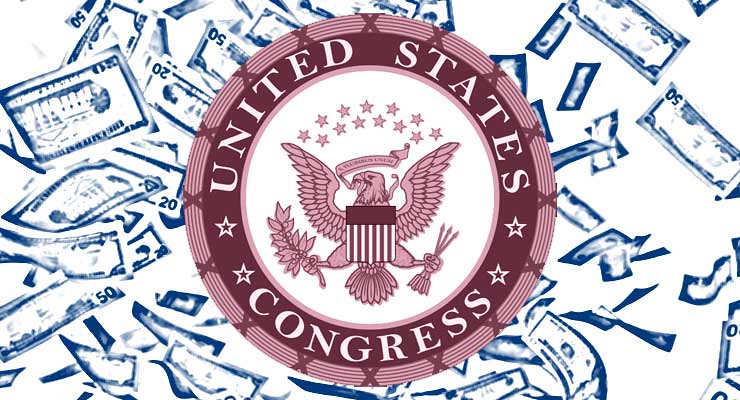 This release is from Brennan Center for Justice:
This release is from Brennan Center for Justice:
In recent years, the Brennan Center has interviewed dozens of elected officials about fundraising, and we repeatedly hear one thing, which has been confirmed by academic studies: the campaign finance arms race forces them to spend too much time raising big contributions. This in turn reduces the time they can spend directly pursuing the goals that made them run in the first place, like serving the public, accomplishing policy reform, or pursuing personal ambition.
For many elected officials, fundraising for their next campaign requires hours of phone calls to lists of wealthy individuals or fraught strategic decisions about whether voting a particular way will anger one moneyed special interest or another. The typical elected official dislikes fundraising duties and would rather spend time hearing from constituents and serving their needs.
The same fundraising pressures limit who can run for office in the first place, acting as a filter that inhibits diversity in elected bodies. When someone explores a possible run, the first question they are often asked is how they will be able to raise enough money for a viable campaign. The ability to fundraise, which is facilitated by access to wealth, has become a litmus test that can dissuade many aspiring candidates. Collecting large donations is easier for lawyers than organizers, despite the broad community connections of the latter. White, male candidates disproportionately have a head start in the big money race, while barriers posed by fundraising have contributed to the underrepresentation of women, people of color, and particularly women of color in candidate pools.
Read the full article here.
Leave a Reply